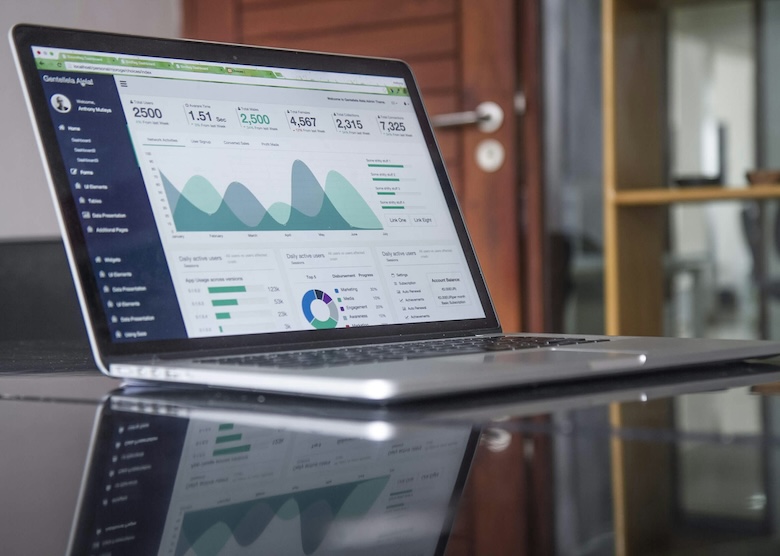
Marketing automation is the application of software and technology to mechanize routine, manual marketing tasks. It empowers businesses to centrally coordinate and control their engagements with prospective and current customers across various platforms in an automated manner. This encompasses activities like email marketing, social media posts, initiating advertising campaigns, managing leads, among others. The advantages of marketing automation are manifold - it not only saves time but also enhances efficiency, improves customer experience, and potentially boosts marketing ROI. It is especially advantageous for B2B markets given their extended sales cycles, intricate decision-making dynamics, and multi-tiered procurement procedures. The fundamental aim of marketing automation is to enhance, streamline, and simplify labor-intensive marketing chores thereby enabling marketers to concentrate on strategic tasks that add more value.
Applications of Marketing Automation
Marketing automation presents a multitude of applications across various business models, including B2B and B2C. Here are some prevalent examples:
B2B Marketing Automation Examples
- Monitoring Key Page Visits: Tracking visits to crucial web pages that suggest potential clients and initiating follow-ups.
- New Customer Onboarding: Assisting leads in comprehending and utilizing your product.
- Lead Cultivation: Dispatching a sequence of emails to inform and engage prospective customers.
- Decreasing Churn Rate: Applying tactics to retain customers who may be contemplating departure.
- Incentive Programs: Proposing rewards to foster customer fidelity.
B2C Marketing Automation Examples
- Introductory Emails: Captivating new subscribers with a sequence of welcoming emails.
- Recovering Abandoned Carts: Transmitting reminders or proposals to customers who have left items in their shopping carts.
- Encouragement for Repeat Purchases: Motivating customers to make recurrent purchases through tailored offers.
- Appreciation Programs: Expressing gratitude towards loyal customers and soliciting feedback.
Emerging Trends and Applications:
- Mobile Marketing Automation: Utilizing mobile data for personalized advertisements and alerts.
- Social Media Marketing Automation: Automating the scheduling of posts, data analysis, and brand mention management on social media platforms.
- Artificial Intelligence (AI) in Marketing: Employing AI for content creation, customization, sentiment interpretation, and marketing analytics.
Effectively implementing marketing automation at different stages of the customer journey can notably boost customer engagement, augment leads, and enhance sales performance.

